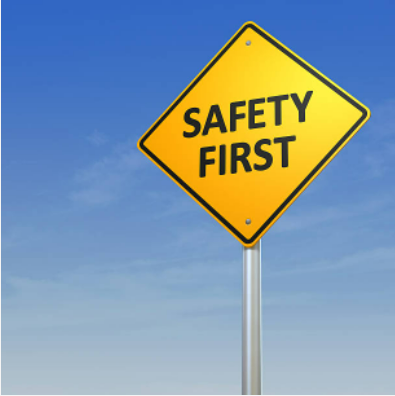Originally appeared in Fleet Owner
Organizations lose 5% of their annual revenues to fraud—a startling statistic. That equals $4 trillion worldwide, according to James Vogt of the Fraud Protection Institute. Speaking at a recent NationaLease meeting, Vogt explained that fraud affects the price we pay for goods and services.
Here’s another alarming statistic: For every $1 of fraud, a business’ net income is reduced by $1. In addition, Vogt said it takes more revenue to recover the effects of the fraud; if there is a loss of $500,000 in net income, it can take $5,000,000 to replace the loss.
Companies are vulnerable to fraud from both external and internal sources. Cyberattacks, credit card fraud, vendor fraud, and wire fraud are some examples of external threats. Asset misappropriation, corruption, and financial statement fraud are examples of internal threats.
If you think your company is immune to fraud, think again. Vogt says fraud is a threat to every organization. Managers need to be aware of where their organizations are most vulnerable.
Fraud committed by an external source is damaging, but fraud committed within an organization can be demoralizing as well.
Vogt said internal fraud is often committed by a male with a college degree who has been on the job for several years. This person will never have been charged with or convicted of a crime and has never been terminated from a job.
Vogt described the fraud triangle as pressure, opportunity, and rationalization. He explained that the pressure can be financial in nature, the result of a vice, or even come from work or family. Vogt defined the opportunity as “the perception of a chance to commit and conceal fraud and avoid punishment.” Things that foster this opportunity are lack of internal controls, lack of transparency, and lack of an audit trail.
People inside an organization who commit fraud often justify or rationalize their behavior by telling themselves that they are merely borrowing money, that the company owes them money, or that they deserve it.
Vogt explained to meeting attendees that there are two types of fraudsters.
- Accidental fraudster: This person finds themselves in extraordinary circumstances and commits fraud based on the elements of the Fraud Triangle.
- Predator fraudster: This person plans their fraud and is always looking for the opportunity to commit fraud and cheat the system.
The good news is that organizations can fight fraud, and many have implemented fraud prevention programs and have processes in place to detect fraud early. Whenever these companies suspect fraud, they launch an investigation and follow up with legal action.
Vogt challenged meeting attendees to think like criminals in order to identify areas where they are vulnerable to fraud. Ask yourself what you could steal and how you could conceal your actions. Doing so will allow managers to spot weaknesses and put in place processes to address those weak areas, thereby reducing fraud.



